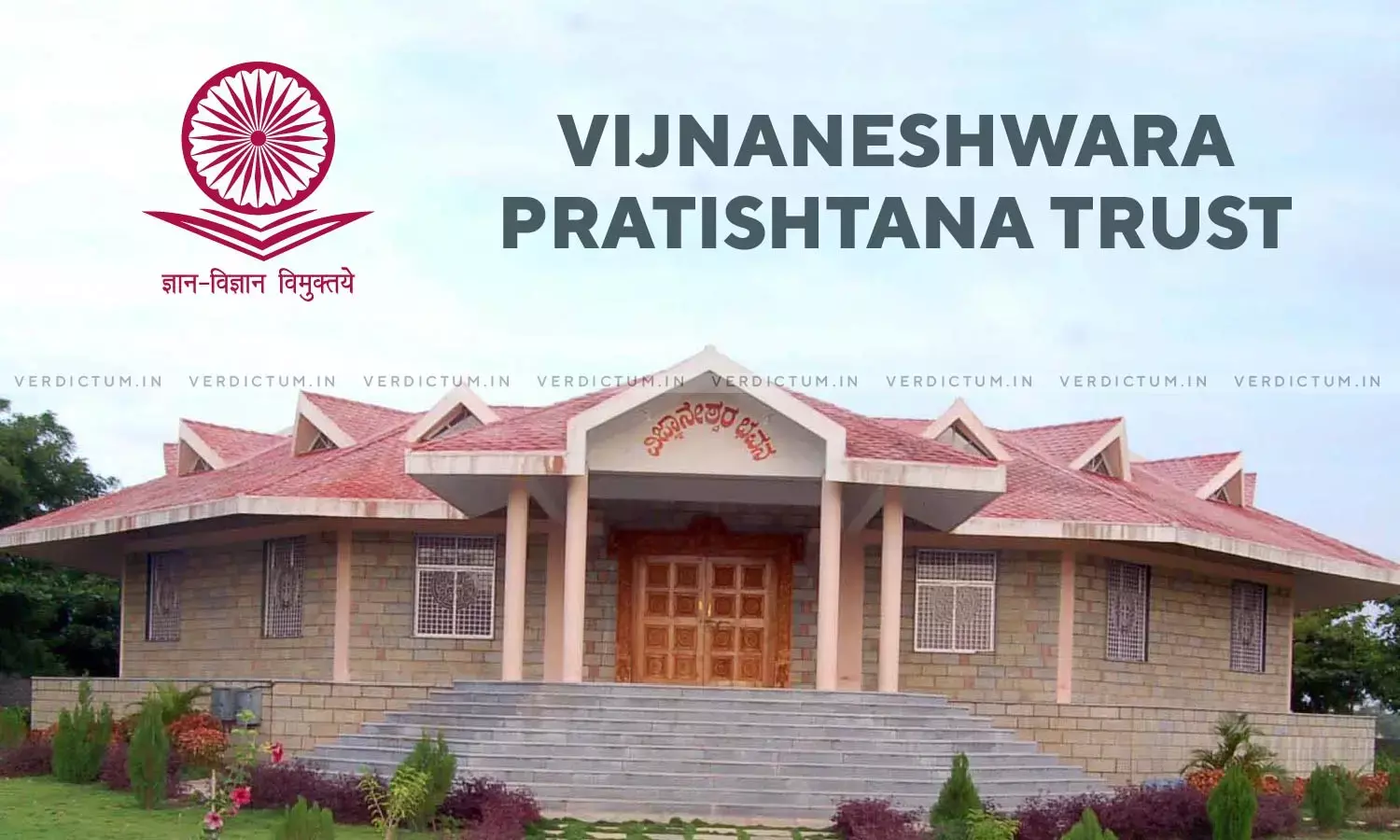Trust Founded By Justice Rama Jois Writes To UGC For Inclusion Of Mitakshara Jurisprudence In Guidelines For Training Of IKS Faculty
The Vijnaneshwara Pratishthana Trust of Karnataka has written a letter to the Secretary of the University Grants Commission (UGC) requesting to include in the text guidelines for training of faculty on ‘Indian Knowledge Systems’ the Bhartiya Jurisprudence, Mitakshara and 11th Century jurist Sri Vijnaneshwara who is the author of Mitakshara.
The Trust was founded by Justice Dr. M. Rama Jois, after an Inscription was found evidencing the fact that Vijananeshwara, the author of Mitakshara was from Martur and that he had accomplished his work Mitakshara at Martur, Kalaburagi District, Karnataka.
Justice Rama Jois retired as the Chief Justice of the Punjab and Haryana High Court in 1992. He was a member of the Rajya Sabha and the Governor of Jharkhand and thereafter Bihar. He passed away in 2021.
Senior Advocate Ameet Kumar Deshpande is a trustee of the Trust.
The Trust vide its letter has appreciated the UGC for initiating the process in pursuance of the National Education Policy (NEP-2020) with special emphasis on the promotion of Indian Languages, Arts, and Culture.
It said, “… the subject draft Guidelines for Training of Faculty on Indian Knowledge Systems (IKs), is silent about Bharatiya Jurisprudence , Mitakshara, & 11th Century great jurist, Sri Vijnaneshwara, author of Mitakshara ( Hindu Nyaya Samihte ). The original text of Mitakshara is still relevant and it's understanding is essential for all Studens of Law, Lawyers, Teachers of law, Judge's, Legislators, Research Scholars and Administrators etc.”
As per the Trust, the Mitaaksharaa represents a consolidation of judicial thought by Vijnaneshwara nearly a millennium ago. The Mitaaaksharaa itself is a consolidating commentary on the Yaajnavalkya Smriti which is believed to have been composed around two and a half millennia before the present. Its authorship is ascribed to the benevolent Rishi Yaajnavalkya who, in his states of meditation and Yoga, expounded the right conduct for the human situation in the form of a Dharmashaastram.
The letter also mentioned, “Among the various aspects of human conduct including the ideals of Aachaara dealing with individual and social behaviour, there is a detailed exposition of Vyavahaara or the resolution of disputes. The resolution of disputes is the basis for the establishment of effective control of a State over its subjects. The State represented by its Ruler is expected to uphold a sense of justice and satisfaction among law people during the process of protection of their interests.”




